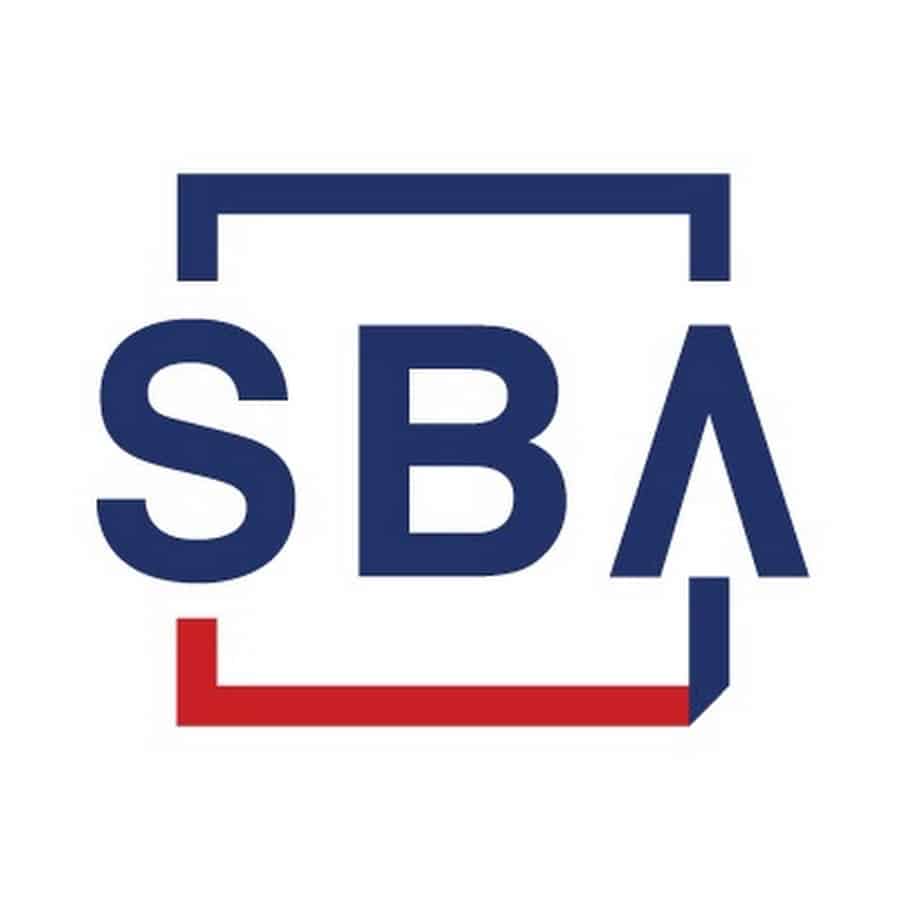Iowa’s banks are healthy, 2 state banking leaders say

Iowa banks are in good financial health and customers should not worry that the institutions will experience failures similar to what has occurred with Silicon Valley Bank and Signature Bank, two of the state’s top banking leaders told the Business Record.

“Community banks remain well capitalized and well positioned to continue to serve our customers and community,” said John Sorensen, president and CEO of the Iowa Bankers Association. “We believe that what occurred in the case of Silicon Valley Bank and Signature Bank reflects a very small segment of the industry … and that Iowans should feel good about the safety of their deposits in their financial institutions.”
Jeff Plagge, Iowa’s superintendent of banking, offered a similar view: Iowa banks “have a combination of consumer deposits – small business, ag, some commercial. It’s across industry sectors. It’s not focused on just one sector. … I’m not concerned at all that Iowa will experience [any fallout] from the two failed banks.”
On Friday and Sunday, respectively, federal regulators took over Silicon Valley Bank, headquartered in Santa Clara, Calif., and Signature Bank in New York.
A week ago, Silicon Valley was the 16th-largest bank in the U.S. and was considered a good source of funding for tech startups and venture capital firms, according to news reports. The bank was a subsidiary of SVB Financial Group, whose holdings included U.S. Treasurys and government-backed mortgage security assets.

The value of Silicon Valley Bank’s assets dropped dramatically when the Federal Reserve began aggressively raising interest rates. News that the bank was trying to raise capital sparked a run on the bank, leading to the second-largest failure of a financial institution in U.S. history.
Signature was a commercial bank with nearly a quarter of its deposits from the cryptocurrency sector, according to Reuters.
Federal regulators have said all deposits, both insured and uninsured, in the two failed banks will be returned to depositors.
Silicon Valley Bank and Signature Bank had unique business models, Sorensen said. Silicon Valley’s customers were mostly tech startup companies that were dependent on venture capital. “When interest rates rose, that flow of venture capital monies to some of their customers stopped, or at least slowed to a trickle. That meant their deposit base as a bank also dried up at the same time,” he said.
The bank also had a small loan portfolio and most of its investments were in one type of asset, Sorensen said. In short, there was little diversity in Silicon Valley’s customer base or loan or asset portfolios.
Signature Bank also had little diversification in its portfolio, relying heavily on investments from cryptocurrency.
Iowa banks typically have a diverse group of borrowers as well as diverse loan and asset portfolios, Sorensen said. “We have strong capitals, strong liquidity, and strong management.”
In early March, the Federal Deposit Insurance Corp. reported that Iowa’s key banking industry metrics remained favorable with growth in both loans and deposits.
Iowa hasn’t had a bank failure since 2011, when Polk County Bank closed, according to information on the Iowa Division of Banking’s website.
In December 2022, Iowa had 234 state-chartered banks and 4,271 FDIC community banks, according to the banking division.
The failure of Silicon Valley and Signature banks likely will prompt the review of some federal policies, said Plagge, Iowa’s banking superintendent since September 2019.
One is the level of FDIC insurance. Currently the FDIC insures deposits of up to $250,000. The announcement on Sunday that all deposits, regardless of the amount, will be returned to customers raises questions on how that will affect any future bank failures, Plagge said. “That is going to be a big discussion.”
Another policy discussion will likely center on the concentration or diversification of deposits. A large percentage of Signature Bank’s deposits were in cryptocurrency. On Friday, the cryptocurrency market saw more than $70 billion of its value vanish during a sell-off, according to news reports.
“That discussion right now is with the big regional [banks] that tend to have larger clients and larger deposits and a lot more uninsured deposits,” Plagge said.
Editor’s note: This story was updated at 4:40 p.m. March 13 to include accurate information on the number of bank closures Iowa has had since 2011. Only one bank has failed since 2011 – Polk County Bank.

Kathy A. Bolten
Kathy A. Bolten is a senior staff writer at Business Record. She covers real estate and development, workforce development, education, banking and finance, and housing.










